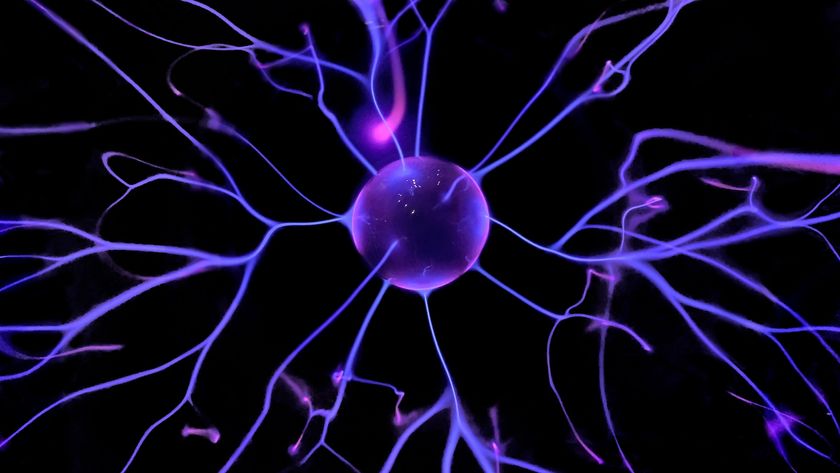For Multiple Sclerosis Patients, Warm Days Bad for Memory
People with multiple sclerosis (MS) may have a harder time learning or remembering things on warm days, a new study suggests.
People with MS scored 70 percent better on learning and memory tests during cold-weather months than in warm-weather months, said study researcher James Sumowski, a scientist at the Kessler Foundation Research Center in New Jersey.
Many people with MS experience mental deficits such as slow processing, a longer time to perform tasks and a worsened memory, Sumowski said.
"Hotter days could exacerbate this problem," Sumowski told MyHealthNewsDaily.
The study will be presented in April at the annual meeting of American Academy of Neurology.
Testing the weather
The researchers gave learning speed and memory tests to 40 people with multiple sclerosis and 40 people without the disorder. The study participants took their tests on different days of the year, Sumowski said, and the researchers recorded the temperature on each of those days.
Sign up for the Live Science daily newsletter now
Get the world’s most fascinating discoveries delivered straight to your inbox.
People with MS scored 70 percent higher on the tests taken on cold-weather days than on warm-weather days. But the people without the disorder who took the test didn't seem to be affected by the outside temperature, the study said.
Subtle signs
There's no clear reason why warm weather affects brain function in people with multiple sclerosis, Sumowski said.
But previous research has also found this. A 2010 study in the journal Neurology showed that multiple sclerosis activity in the brain was more apparent in MRI scans during warm-weather days than cold-weather days.
Sumowski and his colleagues wanted to explore this finding further by seeing if those changes in brain activity translated to impairments in learning and memory, he said.
Usually when people think of MS symptoms, they think of the most prominent signs, such as difficulty walking, losing feeling in an arm or having optic neuritis, where it becomes hard to see out of one eye, Sumowski said.
But this study shows that it's possible to have more nuanced symptoms that are still indicative of problems in the brain, he said.
The findings of the study are especially important to pharmaceutical companies doing clinical trials for MS drugs, Sumowski said.
If the drug is meant to improve brain function in MS patients, companies should be careful about testing the drug over several months, because temperature changes over that time could affect the trial results, he said.
Next, Sumowski plans to test the same people with MS to see if different temperatures are associated with fluctuations in their individual learning abilities.
Pass it on: People with multiple sclerosis score better on learning and memory tests on cold days than on warm days.
- 6 Foods That Are Good For Your Brain
- Multiple Sclerosis: Symptoms, Treatment & Management
- Life in the Sun Lowers Multiple Sclerosis Risk
Follow MyHealthNewsDaily staff writer Amanda Chan on Twitter @AmandaLChan.












